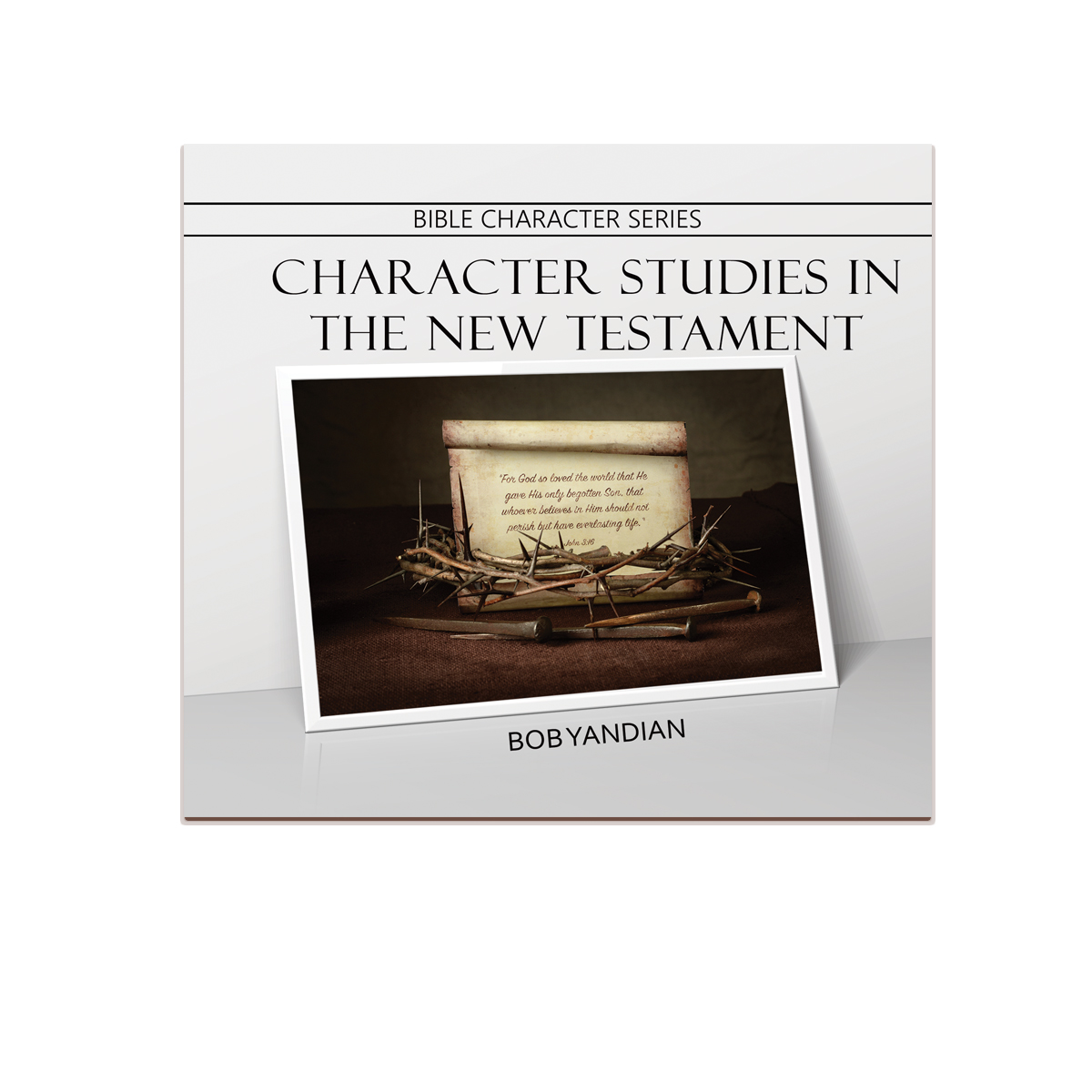Are you a skeptic? When a group is asked for opinions on a project, are you the one who usually tells why it won’t work? You tell people you are just being a realist, looking at all the variables, but you are the one everyone knows will be against the proposal. You fear being wrong if it fails. But the root of the problem is, you don’t like change. You are comfortable with things the way they are.
Jesus had a disciple who was a skeptic, Philip. This is not the Philip of Acts six who was known as the first New Testament evangelist. This is one of Jesus’ twelve - His closest followers. Philip was the one that when tested with a situation needing faith, voiced opposition, quoted remote possibilities, and thought any attempt to accomplish the venture was futile or a waste of time.
The twelve disciples were from varied backgrounds and nationalities. Each one can show us God can use anyone. So, take comfort you who are skeptics.
Discovery and Background of Philip
“The following day Jesus wanted to go to Galilee, and He found Philip and said to him, “Follow Me.” Now Philip was from Bethsaida, the city of Andrew and Peter. Philip found Nathanael and said to him, “We have found Him of whom Moses in the law, and also the prophets, wrote—Jesus of Nazareth, the son of Joseph.”
And Nathanael said to him, “Can anything good come out of Nazareth?” Philip said to him, “Come and see.”
Jesus saw Nathanael coming toward Him, and said of him, “Behold, an Israelite indeed, in whom is no deceit!” Nathanael said to Him, “How do You know me?” Jesus answered and said to him, “Before Philip called you, when you were under the fig tree, I saw you.” Nathanael answered and said to Him, “Rabbi, You are the Son of God! You are the King of Israel!” Jesus answered and said to him, “Because I said to you, ‘I saw you under the fig tree,’ do you believe? You will see greater things than these.” And He said to him, “Most assuredly, I say to you, hereafter you shall see heaven open, and the angels of God ascending and descending upon the Son of Man” (John 1: 43-51)
Philip is only mentioned in one other gospel, Matthew 10:3. Without John we may have known nothing about Philip. John also mentioned he was from the city of Andrew and Peter. This gives us his relationship to some of the other disciples. He is Jewish by birth and religion, but he had a Greek name. His parents were apparently open to Greek culture. This may be one reason why Jesus chose him.
Philip and Nathanael were apparently close friends who studied the early prophets together. Jesus found Philip by the leading of the Holy Spirit. But Philip was already seeking Jesus through the word. Philip knew Jesus was Messiah when he met and talked with him.
Nathanael questioned Jesus because Old Testament scripture didn’t say He would come from Nazareth. The Pharisees said the same to Nicodemus, “Search and look, for no prophet has arisen out of Galilee” (John 7:52). But Nathaniel believed in Him when, through a word of knowledge, Jesus said he had seen him sitting under a fig tree.
Jesus Tests Philip
“And Jesus went up on the mountain, and there He sat with His disciples.
Now the Passover, a feast of the Jews, was near. Then Jesus lifted up His eyes, and seeing a great multitude coming toward Him, He said to Philip, “Where shall we buy bread, that these may eat?” But this He said to test him, for He Himself knew what He would do.
Philip answered Him, “Two hundred denarii worth of bread is not sufficient for them, that every one of them may have a little.” (John 6:3-7)
Philip must have been an accountant, a bean counter, tight. His human talents and reasoning were getting in the way. This is why we are to cast down reasonings that exalt themselves against the knowledge of God (2 Corinthians 10:5). His answer was that two hundred denarius represented almost one year’s salary for one person. Perhaps the moneybag held about that much money. Also, his lightening quick financial brain spread out that amount of money over the large number of men alone in the crowd. “I have calculated over five thousand men besides women and children. It would take one year’s salary just to give everyone a little bit. We could spend all we have, and everyone would have just a little.”
It is amazing that Philip did not grow in faith, rather regressed after his point of salvation. This is the first of two events where Philip showed his skepticism and later his total reluctance to take a public stand at all for knowing Jesus.
Philip is Reluctant to Speak About Jesus
“Now there were certain Greeks among those who came up to worship at the feast. Then they came to Philip, who was from Bethsaida of Galilee, and asked him, saying, “Sir, we wish to see Jesus.” Philip came and told Andrew, and in turn Andrew and Philip told Jesus” (John 12:20-22).
The Greeks who came to the feast of Passover were interested in meeting Jesus. They probably overheard the disciples speaking to one with a Greek name, Philip. They approached him and asked to see Jesus. But he passed it off to others. These men were not even a threat, members of the Sanhedrin wanting to arrest Jesus and His followers. Yet, Philip went to Andrew first. Then Andrew and Philip went to Jesus. Philip was again a disappointment to Jesus.
Unbelieving Philip
Philip has been three years with Jesus now and has so regressed in faith, he will ask Jesus to show him God the Father so he can see Him with his eyes.
“If you had known Me, you would have known My Father also; and from now on you know Him and have seen Him.” Philip said to Him, “Lord, show us the Father, and it is sufficient for us.”
Jesus said to him, “Have I been with you so long, and yet you have not known Me, Philip? He who has seen Me has seen the Father; so how can you say, ‘Show us the Father’? Do you not believe that I am in the Father, and the Father in Me? The words that I speak to you I do not speak on My own authority; but the Father who dwells in Me does the works. Believe Me that I am in the Father and the Father in Me, or else believe Me for the sake of the works themselves” (John 14:7-11).
By now Philip should be instructing others but he has to be taught again the introductory levels of faith (Hebrews 5:12). He believed immediately in Jesus when he first met him. He has not allowed the teaching or the miracles of Jesus to turn around his own skepticism. His calculating mind has come up short again.
Philip’s Turnaround Happened at the Upper Room
“And when they had entered, they went up into the upper room where they were staying: Peter, James, John, and Andrew; Philip and Thomas; Bartholomew and Matthew; James the son of Alphaeus and Simon the Zealot; and Judas the son of James” (Acts 1:13).
We often think of Thomas and Peter, how their lives were changed dramatically at Pentecost. But Philip’s life was changed in the upper room as well. The Bible does not record his ministry after the outpouring of the Holy Spirit, but church history does. Philip went to Scythia, part of southern Russia, and settled in Hierapolis, near Laodicea. He helped carry the gospel into Europe. He reminds us God can use ordinary, calculating, skeptical people as disciples. He can use any person out of any color, race, gender, lifestyle, religion, mindset, or congregation. The lesson you should learn is - if Philip could mature and grow, so can you.









